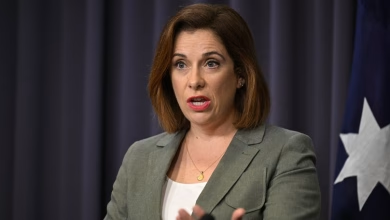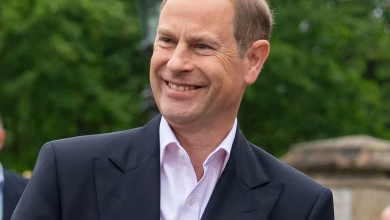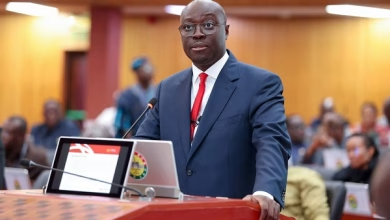Tetegu Residents Risk Lives Despite New Footbridge
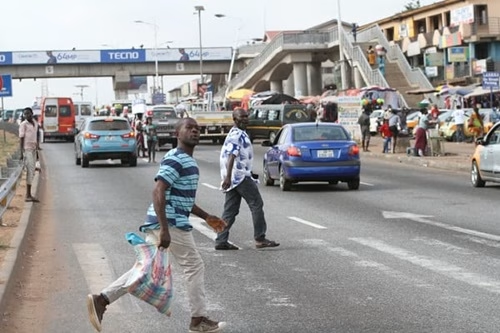
- New footbridge built at Tetegu to replace traffic light
- Pedestrians still crossing busy Accra-Kasoa highway dangerously
- Some cite physical challenges; others give no reason
Despite the recent construction of an overhead footbridge at Tetegu—a community in the Weija-Gbawe Municipality of the Greater Accra Region—some pedestrians continue to dangerously cross the busy Accra-Kasoa highway, ignoring the new structure.
The Accra-Kasoa highway, which forms part of the ECOWAS Expressway network, is one of the most heavily trafficked roads in Accra, with vehicles often traveling at high speeds.
Previously, the crossing at Tetegu was equipped with traffic lights and frequently monitored by police officers to prevent pedestrian accidents. However, the traffic lights were removed because they disrupted the smooth flow of traffic, prompting authorities to replace them with the footbridge.
Unfortunately, in Accra, it is not uncommon to see overhead bridges neglected by pedestrians, who often risk their lives by crossing roads directly instead of using the safer option.
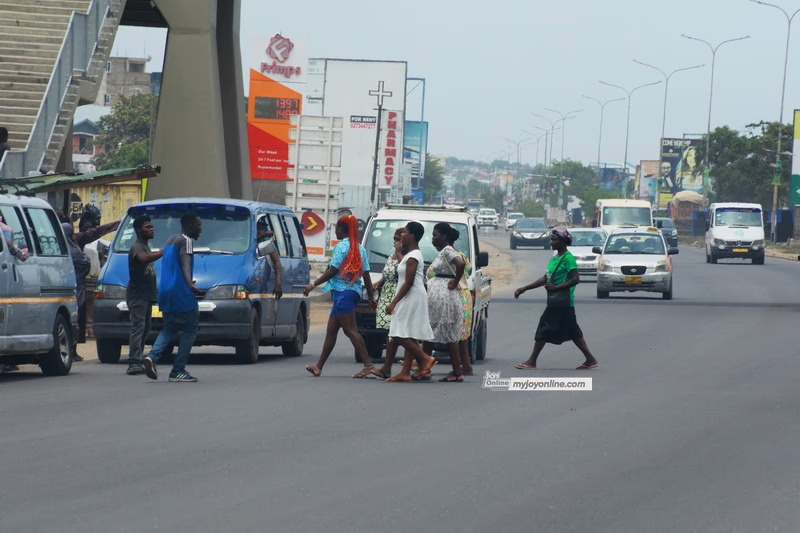
Before the bridge was built, pedestrians faced serious challenges crossing the highway due to speeding vehicles. It was therefore anticipated that the footbridge would be a welcomed solution.
Although some pedestrians were observed using the bridge during a visit by Myjoyonline, many others continued to cross the highway directly, offering various reasons for avoiding the bridge.
Several drivers expressed concern and disappointment over this behavior. Joseph Danso, a commercial driver on the Kasoa-Lapaz route, criticized the disregard for traffic laws and the bridge’s intended purpose.
One woman, Madam Amaley Okain, who had crossed the highway, told Myjoyonline that she suffers from a knee condition, making it difficult for her to climb the footbridge.
Meanwhile, a local resident who identified himself as a concerned citizen called for stricter enforcement of traffic rules. He urged the police to arrest and prosecute offenders as a deterrent, stressing that public funds invested in such infrastructure should not go to waste due to non-compliance.



